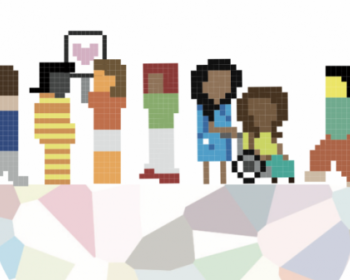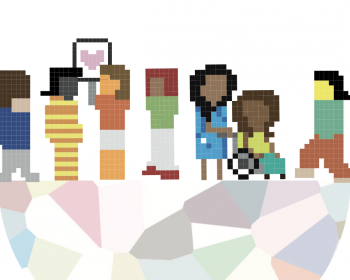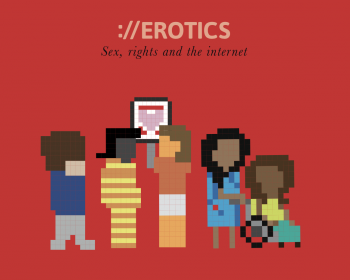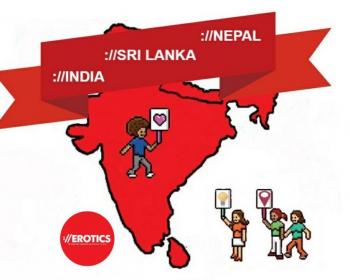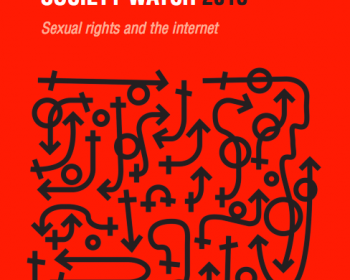AmplifyChange (agreement administered by Mannion Daniels Ltd)
The AmplifyChange fund aims to empower young people, men and women, to realise their sexual and reproductive rights. Their vision is to help to secure universal recognition of sexual and reproductive health and rights as human rights, enabling women, men and young people to realise their full potential in safe and supportive environments. They provide support to civil society and community-based groups working in countries where the needs are greatest, in particular Sub-Saharan Africa and South Asia. AmplifyChange provides grants to directly fund local civil society organisations (CSOs) that advocate for and promote better policy and action on neglected sexual and reproductive health and rights issues. AmplifyChange is a collaborative initiative supported by Danida – the Ministry of Foreign Affairs of Denmark, the Ministry of Foreign Affairs of the Netherlands, the William and Flora Hewlett Foundation, the David and Lucile Packard Foundation, ViiV Healthcare, Norad – the Norwegian Agency for Development Cooperation, and the government of the United Kingdom.
Work supported:
-
Expanding the EROTICS network in South Asia (2018-2020)
-
Building EROTICS networks in India, Nepal and Sri Lanka (2015-2018)
To assess the scope of this impact on sexual rights advocacy the EROTICS team designed and applied a global survey to map how sexual rights activists use the internet to advance their work, and to document and provide insights on the types of risks, harassment, content regulation, or censorship they deal with, and how they respond to them.
To assess the scope of this impact on sexual rights advocacy, the EROTICS team designed and applied a global survey with two primary objectives. One was to map how sexual rights activists (on a variety of issues and from different countries) use the internet to advance their work. The other objective was to document and provide insights on the types of risks, harassment, content regulation or censorship they deal with, and how they respond to them. That is, what gender and sexuality-related o...
EROTICS is an exploration of the internet and its multi-layered relationship with sexuality, rights and sexual expression, and is a space/place of practices and a network of people which started in 2008. Its purpose was and is to look into the obscure, the unexpected and the obvious. EROTICS in its second iteration, first of all, included two new countries: Nepal and Sri Lanka, and these form a...
Building on a strong pre-existing coalition, this project will strengthen the participation of an already participating country (India, with active network member Point of View), and bring in new actors from two new countries: Sri Lanka, with Women and Media Collective, and Nepal, with LOOM.
How does the politics of sex and sexual rights activism take place online? How are generally accepted sexual identities, as well as marginalised sexualities, expressed, regulated and moralised on the internet? These are some of the questions that this year’s edition of the Global Information Society Watch report (GISWatch 2015) aims to respond to.
Pages

Association for Progressive Communications (APC) 2022
Unless otherwise stated, content on the APC website is licensed under Creative Commons Attribution 4.0 International (CC BY 4.0)



